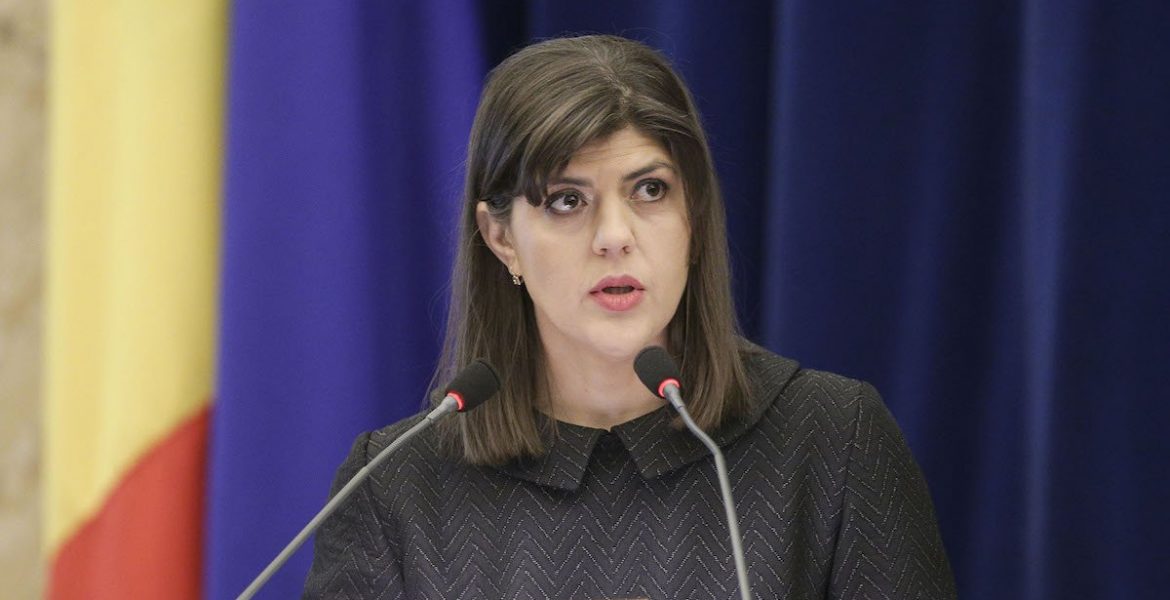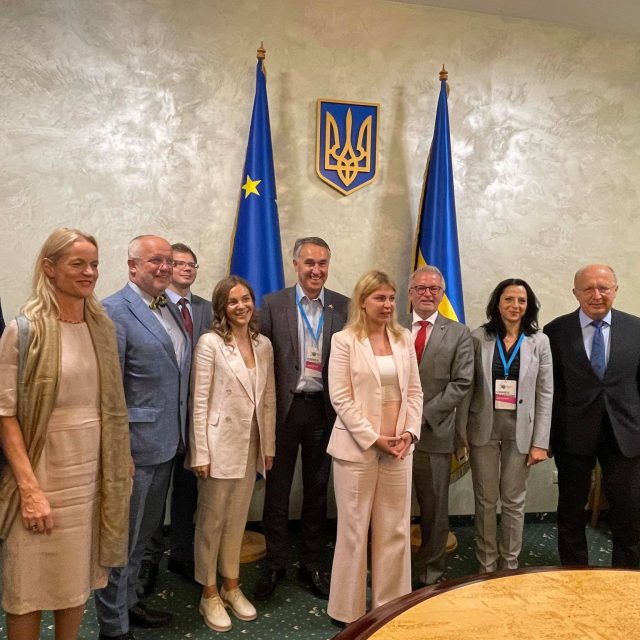Issues hindering the EU Prosecutor’s investigation and prosecution of cross border crimes against the EU budget were discussed with chief prosecutor Kövesi.
In a debate on Friday, EU public prosecutor Laura Kövesi informed the Budgetary Control Committee that the European Public Prosecutor’s Office (EPPO) is in urgent need of additional human resources to be able to carry out its work. At least 130 staff were needed (in addition to the existing 120 employees) in particular financial investigators, IT specialists and support staff.
Members of the Budgetary Control Committee committed to supporting the EU Prosecutor’s Office and promised to continue doing so in the upcoming negotiations on the 2022 EU budget, where additional financial assistance could be secured.
Kövesi told MEPs that, as of now, the EPPO has processed more than 2000 reports on potential criminal activities, launched more than 350 investigations, amounting to potentially 4.6 bn EUR worth of funding from the EU budget. She also confirmed that cases were already underway involving post-COVID recovery funds, and also mentioned an example of an investigation where searches were made in five member states simultaneously, amounting to potentially 0.5 bn EUR of EU budget funds.
Kövesi also condemned the failure of Slovenia to delegate its prosecutors to the EPPO, leading to a “prosecuting gap” and leaving the EU budget in Slovenia unprotected.
Other MEPs also enquired about the EPPO’s cooperation with OLAF, and working arrangements with national prosecutors and non-participating states.
The European Public Prosecutor’s Office (EPPO) is the new independent public prosecution office of the European Union, responsible for prosecuting crimes against the financial interests of the EU, such as bribery, money laundering and tax fraud.
The participation of Member States is voluntary and these delegate their prosecutors to conduct the investigations in their home country




